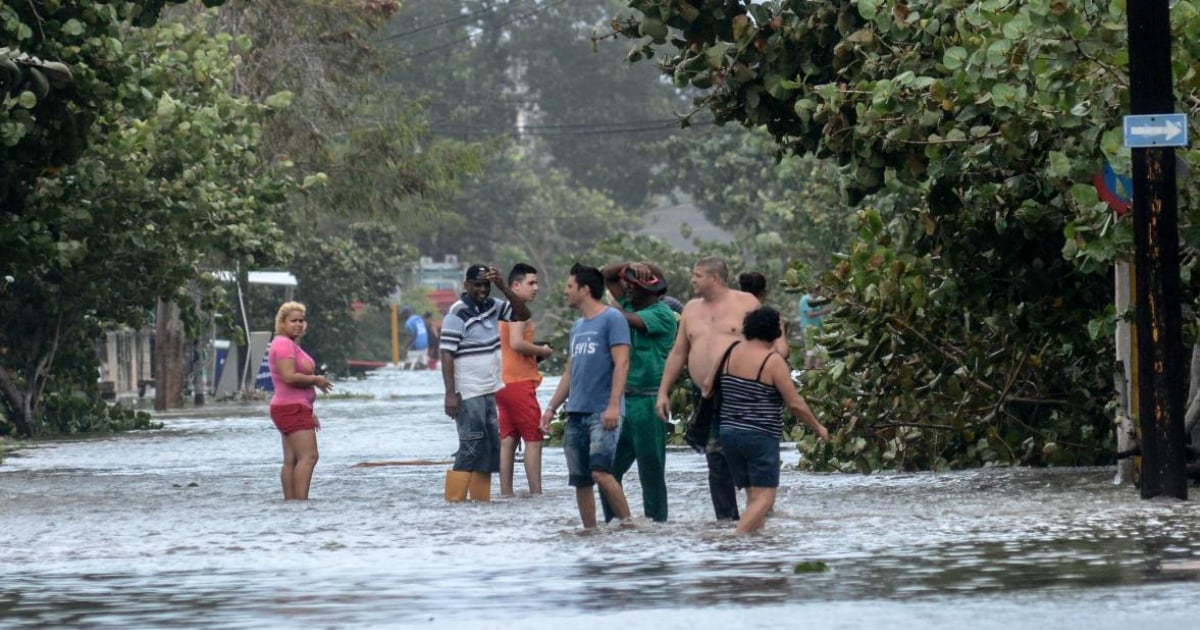The ongoing crisis within Cuba's meteorological system poses a grave threat to a nation annually at risk from hurricanes, tropical storms, and severe droughts. This dire situation jeopardizes the country's ability to predict and respond effectively to natural phenomena that directly impact the lives, economy, and safety of millions on the island.
On Tuesday, Cuban meteorologist Raydel Ruisánchez publicly sounded the alarm on Facebook, highlighting that the island's meteorological system is in turmoil due to insufficient wages and an exodus of skilled professionals. This dilemma mirrors the broader societal challenges faced by other critical sectors such as healthcare and education.
"While meteorologists elsewhere enjoy reasonable earning potential, in Cuba, they contend with the harsh reality of low salaries," Ruisánchez noted. This predicament has led to a steady outflow of experts seeking better opportunities abroad, further weakening the system's functionality.
Historical Context and Emerging Challenges
The shortcomings in the sector raise alarms about its ability to function, especially as the demand for timely and accurate information grows amid escalating climate instability. Ruisánchez recalled the aftermath of the 1963 Hurricane Flora disaster, which prompted then-leader Fidel Castro to recognize the strategic importance of a robust meteorological system. That event, the second deadliest in the country's modern history, marked a turning point in scientific disaster management.
However, today, "everything achieved is falling apart," lamented the expert, referring to the loss of skilled personnel as well as technological deficiencies, frequent power outages, and poor connectivity that hinder real-time data access.
Urgent Need for Resources and Political Will
According to Ruisánchez, without increased resources and political commitment, Cuba is ill-prepared to tackle the challenges posed by climate change. "Developing quality science and ensuring societal safety against climate adversities is nearly impossible without appropriate support and resources," he warned.
The meteorologist's warning becomes even more alarming as international organizations have predicted an especially active cyclone season this year.
Broader Implications Across Sectors
However, the crisis isn't confined to meteorology alone. The official newspaper Invasor recently highlighted that only two eleventh-grade students took the aptitude test for Journalism at the Manuel Ascunce Domenech campus, part of the University of Ciego de Ávila Máximo Gómez Báez (UNICA). This trend underscores a harsh reality: young Cubans are increasingly disinterested in pursuing careers in journalism due to mandatory military service, entry barriers, economic hardship, and a decline in the profession's prestige.
Frequently Asked Questions about the Cuban Meteorology Crisis
Why is Cuba's meteorological system in crisis?
Cuba's meteorological system is struggling due to low wages and the exodus of skilled meteorologists, which hampers the country's ability to predict and respond to natural disasters effectively.
What impact does the crisis have on the island?
The crisis impacts Cuba's capacity to provide timely and accurate weather forecasts, which is crucial for safeguarding lives, the economy, and public safety, especially during an active cyclone season.
How does the crisis affect other sectors in Cuba?
The meteorological crisis mirrors challenges in other sectors like journalism, where low interest among young Cubans is noted due to various factors including economic hardships and mandatory military service.
